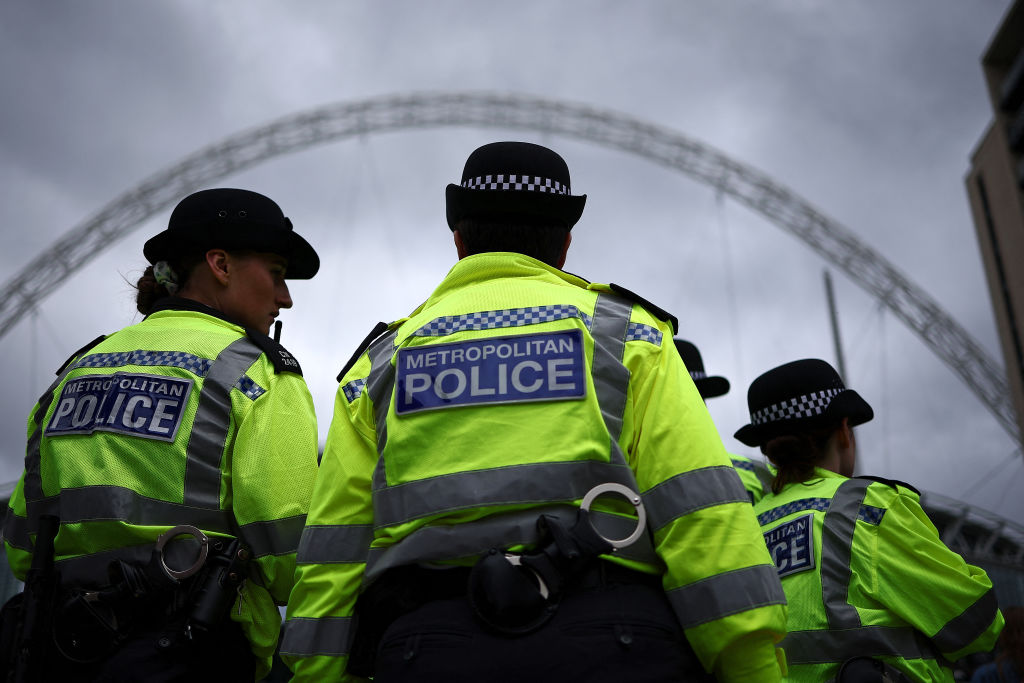Has the number of rapes in England and Wales soared in recent years? That’s the conclusion one might draw from a set of figures that frequently goes viral. At the beginning of August, a post citing these figures received over 27,000 likes on X. “Rape offences in the UK have soared over 400%,” it claimed. Another post based on the figures, this one from anti-immigration campaigner Steve Laws, managed nearly 4,000 likes. In each case, the explanation was that the massive rise was due to immigration.
The figures in question comprise the number of rapes recorded by police each year between 2002 and 2022. They were originally published by the Office for National Statistics but are also available on Statista — which appears to be where the social media posters found them. Indeed, when searching Google for “rapes England” Statista is the first link that pops up.
In fact, the figures do show a rise of more than 400% from 12,295 offences in 2002 to 69,905 in 2022. However, this is entirely down to changes in police recording practices and increased reporting by victims. As the ONS states: “sexual offences recorded by the police do not provide a reliable measure of trends.” Its notice is given in bold next to a big exclamation mark: had the social media posters sourced their figures from the ONS, they might have seen it. (Statista does acknowledge that the trend is “possibly” due to changes in recording and reporting, but you have to click “Read more” to see it.)
The number of offences is basically flat until it starts rising in 2014. There’s then a dip during the pandemic years, after which it starts rising again. So what happened in 2014? This was the year His Majesty’s Inspectorate of Constabulary and Fire & Rescue Services published a major report on the under-recording of crime, in the wake of national scandals such as the Rotherham sexual abuse cases and Operation Yewtree. The report noted that “the police are failing to record a large proportion of the crimes reported to them” and that “the problem is greatest for victims of violence against the person and sexual offences.”
As a consequence, there was a sustained effort to increase recording of sexual offences. In 2016, the Home Office counting rules for rape were changed so that offences would be recorded on a “per offender basis”, rather than a “per victim basis”. This means that in cases of gang rape, a separate offence is logged for each offender who rapes the victim.
Fast forward to 2024 and the Office for Statistics Regulation concluded — with some caveats — that “police forces have made significant improvements to crime recording”. These improvements are largely responsible for the decline in charge rates for rape and certain other crimes. As the number of offences on the books has risen, the proportion that result in a charge has correspondingly fallen.
So what has happened to the prevalence of rape over the last two decades? The best source of data for measuring long-term trends in crimes like rape is the Crime Survey of England and Wales. This is an annual, nationally representative, face-to-face survey of more than 30,000 households. Respondents are asked about their experience of criminal victimisation in the past year, which allows statisticians to derive estimates of the prevalence of certain crimes.
Data from the CSEW shows there has been no increase in the prevalence of rape since 2005. The proportion of victims has fluctuated between 0.4 and 0.7% of the population, with no apparent trend. The prevalence is computed for the population aged 16–59, which was 34,238,000 in 2022. If we multiply that figure by 0.6% (the prevalence) we get the total number of rapes: 205,000. This is larger than the number of police-recorded rapes, which makes sense given that some victims do not report their rapes to the police.
Viral posts on social media would have us believe there’s been a massive rise in the number of rapes in England and Wales. A little digging reveals that this apparent increase is entirely down to changes in recording and reporting.











Join the discussion
Join like minded readers that support our journalism by becoming a paid subscriber
To join the discussion in the comments, become a paid subscriber.
Join like minded readers that support our journalism, read unlimited articles and enjoy other subscriber-only benefits.
Subscribe